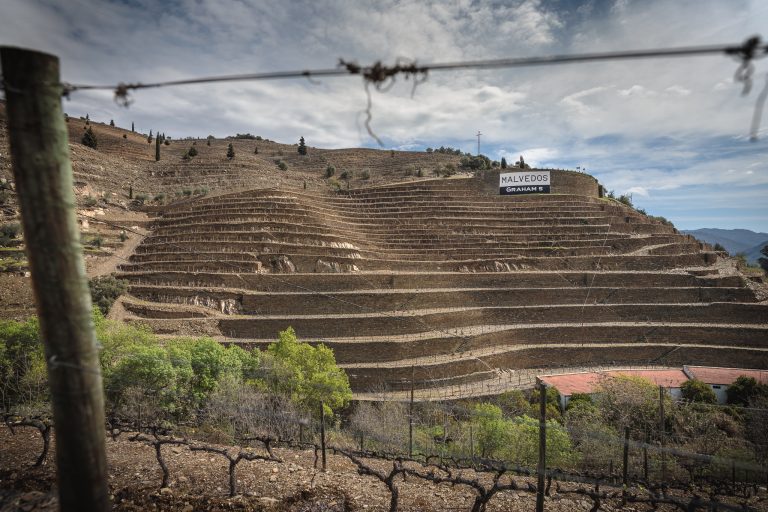Our website uses cookies in order to work correctly and to improve your browsing experience. By browsing this website, you agree to our Cookie Policy.
Indigenous Yeast Study

Since 2016, our winemaking R&D team has been part of a consortium (Symington Family Estates – Ângelo Coimbra – Biocant), funded by the EU (FEDER) Compete 2020 Programme initiative, conducting a study into how indigenous non-saccharomyes yeast strains isolated from spontaneous wine fermentations can influence the aroma profile of port, specifically looking at the Touriga Nacional and Touriga Franca grape varieties.
Yeast is the fundamental catalyst in winemaking, producing alcohol from grape sugar, as well as innumerate volatile metabolites responsible for the complex bouquet. Port’s intrinsic aroma characteristics are shaped by a series of factors including terroir particularities, grape varieties and winemaking procedures that include, among many other parameters, specific yeast strains.
Consistency in the world of winemaking has led to the almost ubiquitous application of commercial Saccharomyces yeast strains. Although the recent introduction of commercial non-Saccharomyces strains has resulted in improved complexity, the potential impact and diversity of native Douro yeast strains responsible for port production have yet to be fully understood.
This work has involved the isolation, identification and characterization of non-Saccharomyces yeasts from spontaneous alcoholic fermentations. These so-called ‘wild yeasts’ play an important role in port production, dominating the early stages of fermentation. The objectives of the project were to isolate, identify and select the best yeast strains to maximize quality complexity, whilst preserving terroir characteristics.
The study isolated a total of 500 yeast stains from 12 non-saccharomyces species (1-3), selecting only the best examples with most promising enological attributes (4). The 16 selected strains, representative of the 4 principle native species, were inoculated individually and collectively, catalyzing fermentation, resulting in distinctive wines with very promising organoleptic properties (5-7).
The successful isolation, characterization and application of the best non-saccharomyces strains, has high-lighted the synergic importance of the terroir biome in the production of quality Port wines.
See more on the Symington blog.
Read more about the project (in Portuguese):
This study was financially supported by EU in the frame of the Portugal 2020-(SI I&DT) programme.
POCI-01-0247-FEDER-017736
References



